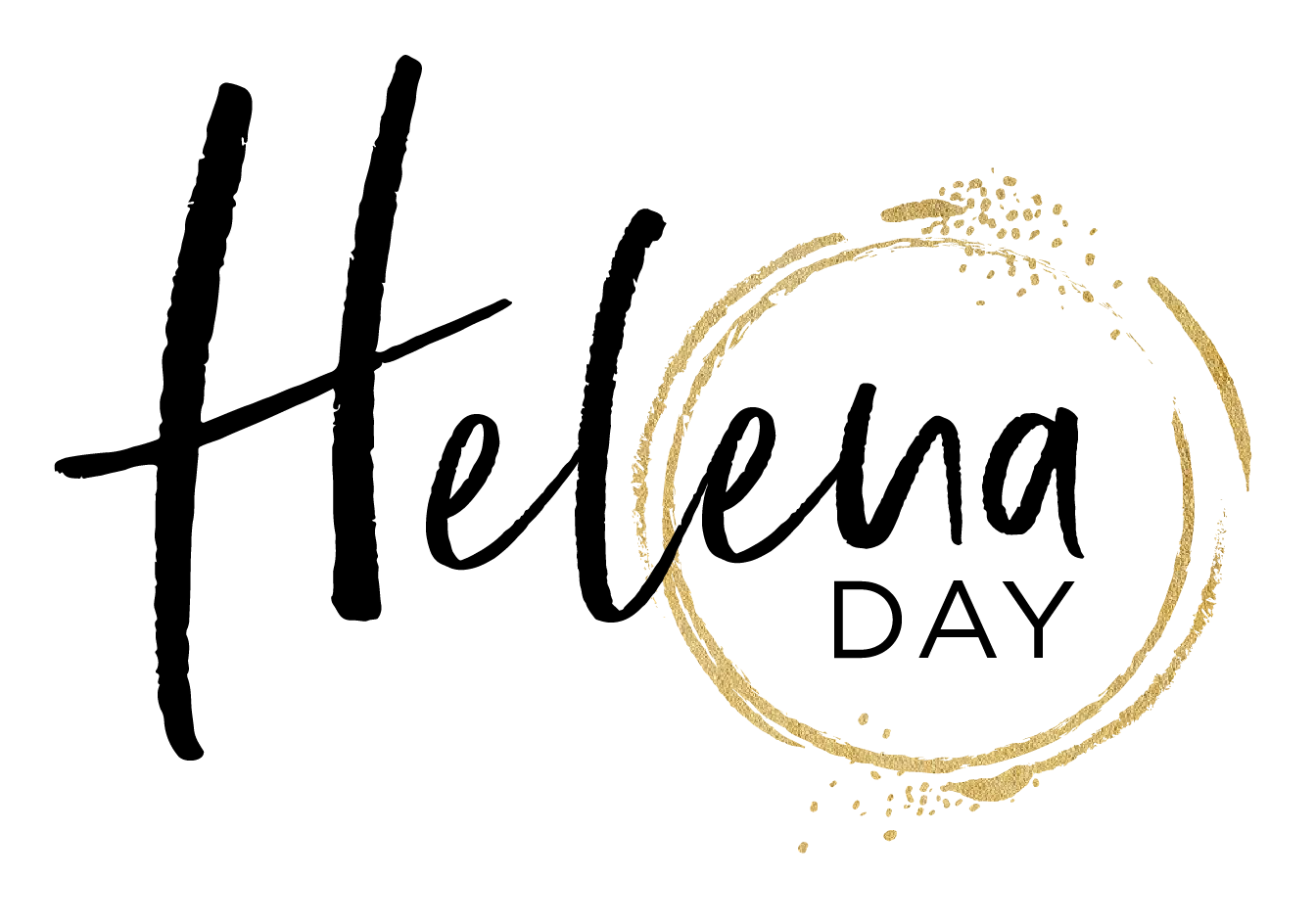You were meant to be seen
One of our core needs as a human is to be seen. When we are born our first experiences are to be looked at by the nurses, by our parents, to be held, to be cuddled, to be cooed at - we want to be seen and acknowledged. But as we get older for many of us something changes, and we begin to want to fade into the background. To be invisible to the world.
It maybe because growing up we’ve heard the message around us that calling attention to ourselves is unseemly, that it’s immodest, even inappropriate. That in order to get the love and acceptance we crave, we must stay quiet and do what we are told.
Or maybe staying invisible made us feel safe. Perhaps we were bullied or teased by other children or siblings and being invisible was an effective defence mechanism - calling as little attention to ourselves as possible.
The duality of wanting to be seen but also wanting to remain invisible is something that exists within many of us.
It shows up as wanting to be truly authentic but being afraid of the judgement that may come with other people seeing the real you, the imperfect you. That somehow you might be found lacking or be judged harshly for being... well just yourself.
That to voice your truest thoughts is like airing dirty linen. Something that is best avoided at all costs.
That to express your truest emotions in public is somehow immodest.
Of wanting to speak up, but not wanting anyone to think you’re demanding attention, or demanding the spotlight, or demanding anything. Because demanding isn’t polite, is it?
You see, making yourself visible is a risk.
Being seen opens up the possibility that other people will not like you, or not like you being seen. You may make others uncomfortable. You may open yourself up to criticism, to judgement, to potential rejection.
Choosing to stay invisible as an adult may still feel like the easiest option, the safest option, but is it really? What is not speaking your truth costing you? Who benefits from this silence? What happens when your truth, your dreams, your truest vision are left unexpressed?
You see, although choosing to stay invisible may seem easier for that little child, as an adult we have choices and can make decisions that we couldn’t as a child. As we mature, this need to be seen doesn’t disappear – in fact it often ends up being repressed and it becomes an unexpressed part of who we are. Part of us in shadow. It will show up in unexpected ways. Getting angry with someone else taking up all of the conversational space. Getting frustrated with the noisiest person in the room. Getting irritated by someone else expressing their truest emotions… Your frustrated desire will be projected onto others around you.
But as well as being detrimental for you, how is the world a better place if you are not seen or heard? Who benefits when you are not the truest expression of who you could be? Who benefits when you don’t say what you see or bring attention to what we’re missing?
We were all meant to be seen.
This is the truth. Even if it means making others uncomfortable. Even if it means pushing ourselves to the edges of our comfort zone. Even if it means rethinking and reimagining some of our stories that have kept us playing small and quiet.
The truth is, it isn’t arrogance to insist on having a presence. It isn’t inappropriate to share your authenticity. It isn’t praiseworthy to pretend to be less than you are.
So what would it look like it you were to take up all the space you need? What would it look like to be seen exactly as you are? What small step could you take today so you could experience this new way of being even though it’s unfamiliar? What if you made this year, your year to be seen.

